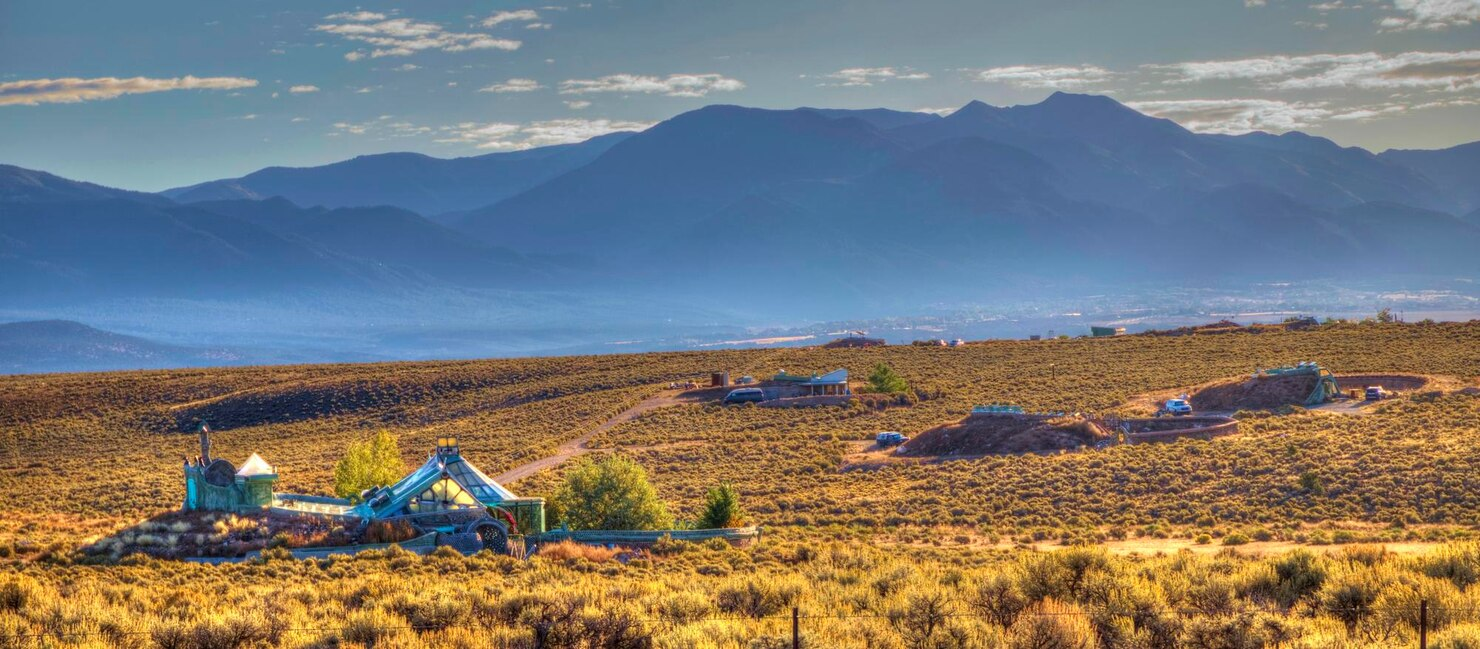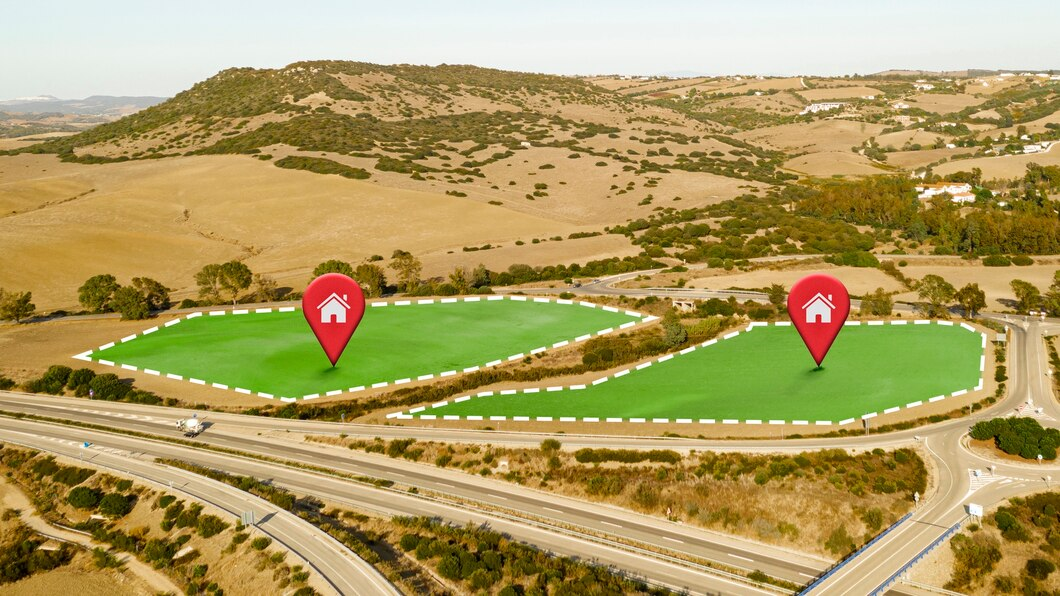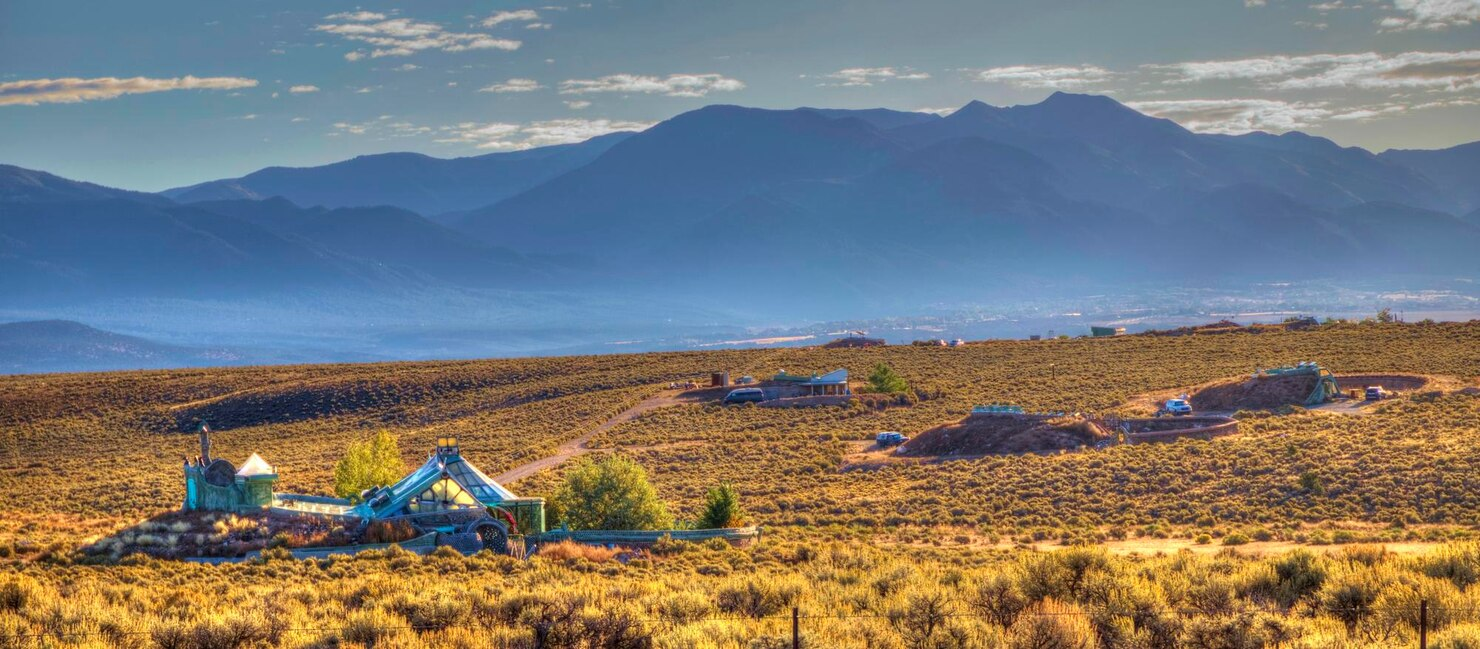
Texas has emerged as one of the top choices for land investment in the United States due to its booming economy, favorable tax policies, and vast undeveloped areas. Whether you’re a first-time investor or an experienced real estate professional, Texas offers a unique combination of growth potential and affordability that few other states can match.
With its business-friendly climate, ongoing infrastructure projects, and rapidly increasing population, the Lone Star State is becoming a magnet for both residential and commercial land buyers. This article explores why Texas should be at the top of your list for land investment.
We’ll break down the five key reasons why Texas is a prime destination for land investors. We’ll analyze growth statistics, tax advantages, infrastructure developments, pricing comparisons, and long-term investment opportunities. We’ll also introduce you to Lucas Land, a trusted partner for navigating the Texas land market.
1. Rapid Population Growth & Surging Property Demand
One of the most powerful drivers of land value is population growth, and Texas is leading the charge. As people flood into cities like Austin, Dallas, and Houston, the need for housing, infrastructure, and services grows—creating a perfect storm of opportunity for land investors.
With rising demand for both residential and commercial development, available land is becoming more precious by the day. This makes strategic land acquisition not just a good idea, but a smart move for anyone looking to capitalize on long-term value.
Texas Population Growth Statistics
Texas is one of the fastest-growing states in the U.S., with a population that has increased by over 4 million in the past decade. Major metro areas like Austin, Dallas-Fort Worth (DFW), and Houston have seen double-digit growth, attracting both domestic migrants and international newcomers.
This population surge is fueled by job opportunities, affordable living costs, and a strong quality of life. More people mean greater demand for housing, infrastructure, and services—all of which increase the value of surrounding land.
How Demand Drives Land Value
As the population grows, so does the competition for housing and commercial development. This increased demand leads to a surge in land prices, especially in areas on the outskirts of major cities. Investors who purchase land early in these growth corridors stand to benefit significantly as urban expansion continues.
Land near growing suburbs, transportation hubs, or economic centers becomes particularly valuable. The scarcity of developable land in prime locations only accelerates the upward trend in pricing.
Hotspots: Austin, DFW, and Houston Corridors
The Austin corridor has been dubbed the “next Silicon Valley” due to the influx of tech giants like Tesla, Apple, and Google. DFW remains a logistics and corporate powerhouse, while Houston thrives in healthcare and energy. These metro areas and their surrounding suburbs are hotspots for land investments with high ROI potential.
2. Investor-Friendly Tax Policies

Taxes can make or break an investment, and in this regard, Texas offers a significant advantage. With no state income tax and competitive property tax rates, investors can maximize their profits without losing a big chunk to government fees.
Additionally, Texas provides tax benefits for specific land uses like agriculture, making it even more appealing to a wide range of buyers. These investor-friendly policies make Texas a standout choice for anyone serious about building long-term land wealth.
No State Income Tax & Low Property Taxes
One of the most attractive features of investing in Texas is its lack of state income tax, which allows investors to keep more of their profits. Additionally, Texas boasts relatively low property taxes compared to states like New Jersey or Illinois.
This tax-friendly environment reduces overall investment costs and makes Texas land more appealing for long-term holding. For investors building a portfolio, these savings add up quickly.
Tax Comparisons with Other States
Compared to California and New York, where both state income and property taxes are among the highest in the nation, Texas provides significant tax relief. These lower costs can improve net yield and attract a wider pool of buyers and developers to the Texas land market.
This favorable comparison draws in out-of-state investors seeking better margins and lower barriers to entry.
Agricultural Land Tax Exemptions
Texas also offers generous tax exemptions for agricultural land, commonly referred to as ag exemptions. These incentives can drastically lower property taxes for parcels used for farming, ranching, or timber production, making them particularly attractive for passive investors or those interested in leasing their land.
3. Booming Infrastructure Development
Texas is not just growing in population—it's building the roads, airports, and power grids to support that growth. Massive infrastructure investments across the state are transforming underdeveloped areas into highly desirable investment zones.
For land investors, this means one thing: opportunity. As infrastructure improves access and increases demand, the value of surrounding land often rises in lockstep, providing strong returns for early adopters.
Key Projects (Highways, Airports, Energy Grids)
Texas is investing billions in infrastructure, from expanding interstate highways and regional airports to upgrading power grids and water systems. Projects like the I-35 expansion and the Houston Spaceport are designed to support future growth and improve connectivity across the state.
These upgrades enhance the accessibility and utility of rural and suburban land, making them more attractive for residential, commercial, and industrial use.
How Infrastructure Boosts Land Prices
Infrastructure development often leads to rapid land value appreciation. When new roads, transit options, or utility lines are introduced, previously overlooked areas become highly desirable. Investors who get in before these improvements are completed can see significant returns.
The connection between infrastructure and land prices is clear: better access and utilities mean higher demand and better resale or development potential.
Case Study: Tesla’s Gigafactory Impact in Austin
Tesla’s Gigafactory in Austin is a prime example of how a single infrastructure-related development can transform an area. Since its announcement, land values in nearby regions have soared, and supporting infrastructure—like roads and utilities—has rapidly expanded. This ripple effect illustrates how strategic development can reshape a local real estate market.
4. Affordable Land Prices Compared to Other States

Despite its rapid growth and economic strength, Texas still offers surprisingly affordable land prices. In fact, compared to coastal states like California or Florida, the cost per acre in Texas can be dramatically lower.
This affordability allows investors to purchase larger tracts of land, diversify their portfolios, or simply enter the market with lower upfront costs. It’s one of the few states where high potential doesn’t always come with a high price tag.
Price per Acre: Texas vs. California/Florida
Land in Texas remains remarkably affordable compared to other high-growth states. For example, while an acre in suburban California might cost $500,000 or more, a similar parcel in Texas can be purchased for a fraction of the price—often under $50,000 in developing areas.
This affordability allows investors to acquire more land with the same capital and diversify their holdings with lower risk.
Best Value Areas (Hill Country, West Texas)
Texas Hill Country and regions of West Texas offer some of the best value per acre. These areas boast natural beauty, recreational appeal, and increasing development interest. Whether for ranching, residential use, or long-term holding, these regions present opportunities to buy low and sell high.
Land in these areas is increasingly popular for weekend homes, eco-tourism, and retirement communities, adding to its appeal.
Timing Your Purchase for Maximum ROI
The best time to invest in land is before major development begins. Buying land today in an area projected for future growth can yield exponential returns in 5–10 years. Monitoring state infrastructure plans, zoning changes, and migration trends can help investors time their purchases for maximum return on investment.
5. Strong Land Appreciation Potential (Next 10 Years)

When it comes to long-term gains, Texas land continues to show exceptional promise. Experts predict that prices will keep climbing over the next decade, driven by urban sprawl, limited supply, and relentless demand.
For forward-thinking investors, this represents a golden opportunity. By acquiring land now—before prices peak—you position yourself for significant appreciation and long-term financial growth.
Urban Sprawl & Limited Supply
Texas cities are expanding outward, a trend known as urban sprawl. As metro populations increase, demand pushes beyond city centers into previously undeveloped areas. With limited supply near urban hubs, land in outer rings becomes increasingly valuable.
This makes rural and semi-rural land purchases a smart long-term play, especially in fast-growing counties.
Expert Price Forecasts
Real estate analysts project continued appreciation in Texas land values for the next decade. Factors like population growth, infrastructure expansion, and business migration support optimistic forecasts. Some regions may experience double-digit annual increases, depending on location and use.
These forecasts make Texas land a compelling addition to any investment portfolio focused on long-term gains.
Long-Term Investment Strategies
For investors looking beyond short-term flips, Texas land is ideal for buy-and-hold strategies. Whether you plan to lease the land, develop it later, or simply wait for appreciation, the state’s consistent growth ensures a solid foundation for wealth accumulation.
Partnering with local experts can help identify high-potential parcels and streamline the due diligence process.
Why Choose Lucas Land for Your Texas Investment
Finding the right land is only part of the equation; having a trusted partner makes all the difference. That’s where Lucas Land comes in—a company built on expertise, trust, and results in the Texas land market.
With a deep understanding of local trends and a commitment to client success, Lucas Land helps you navigate the complexities of land investment with ease and confidence. They don’t just sell land—they help build legacies.
Who is Lucas Land?
Lucas Land is a Texas-based land investment firm with a mission to help clients find high-value, high-potential properties throughout the state. With years of experience in the Texas market, they specialize in matching investors with land tailored to their goals.
Their team combines real estate insight, market research, and local connections to deliver a seamless investment experience.
Services Offered
Lucas Land offers a full suite of services, including land acquisition, market analysis, zoning research, and portfolio management. Their hands-on approach ensures that every client receives personalized support throughout the buying journey.
This end-to-end service model is ideal for both beginners and seasoned investors who want expert guidance.
Success Stories & Client Testimonials
Lucas Land has helped hundreds of clients secure profitable land deals, from first-time buyers to institutional investors. Testimonials highlight the firm’s integrity, transparency, and ability to uncover hidden gems that deliver strong returns.
These success stories reinforce Lucas Land’s reputation as a trusted partner in the Texas land market.
How Lucas Land Simplifies the Buying Process
From identifying the right parcel to navigating paperwork and closing, Lucas Land simplifies every step of the process. Their experts handle due diligence, coordinate with title companies, and assist with tax planning—making land investment approachable and efficient.
Their streamlined systems save investors time and reduce common headaches associated with land purchases.
Texas is an exceptional place to invest in land, offering population growth, investor-friendly taxes, booming infrastructure, affordable prices, and strong appreciation potential. The combination of these factors makes the Lone Star State a strategic and profitable choice for land investors.
Whether you're looking for short-term gains or a long-term investment, Texas delivers the fundamentals needed for success.
If you're ready to explore Texas land investment, the time to act is now. Start by researching areas of interest, consulting with experts like Lucas Land, and identifying your investment goals. With the right guidance and strategy, your Texas land investment could be the key to long-term financial growth.

Get a no-obligation offer in just a few minutes.





.webp)




.webp)
